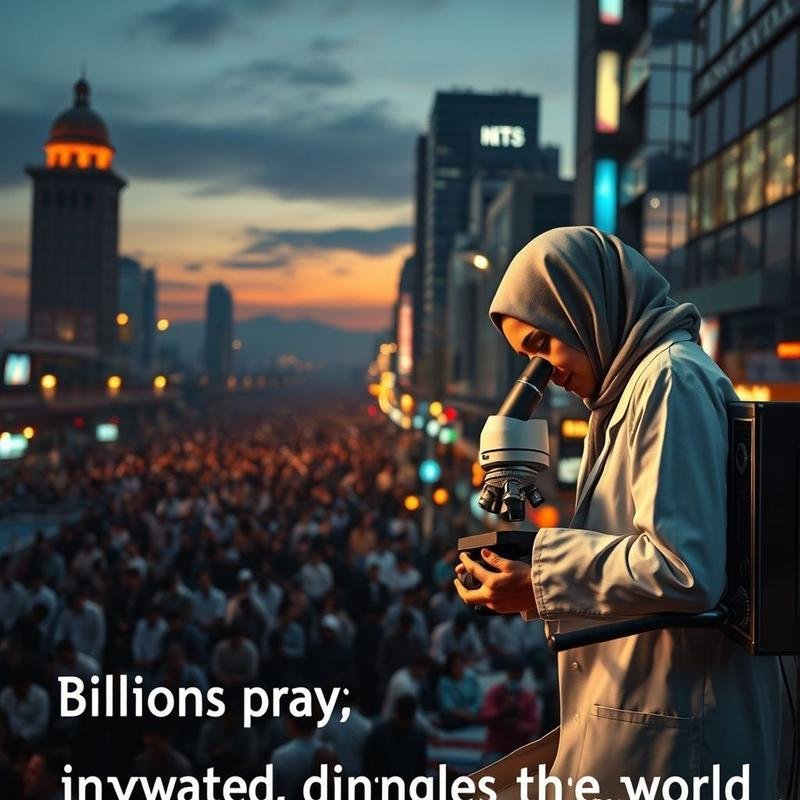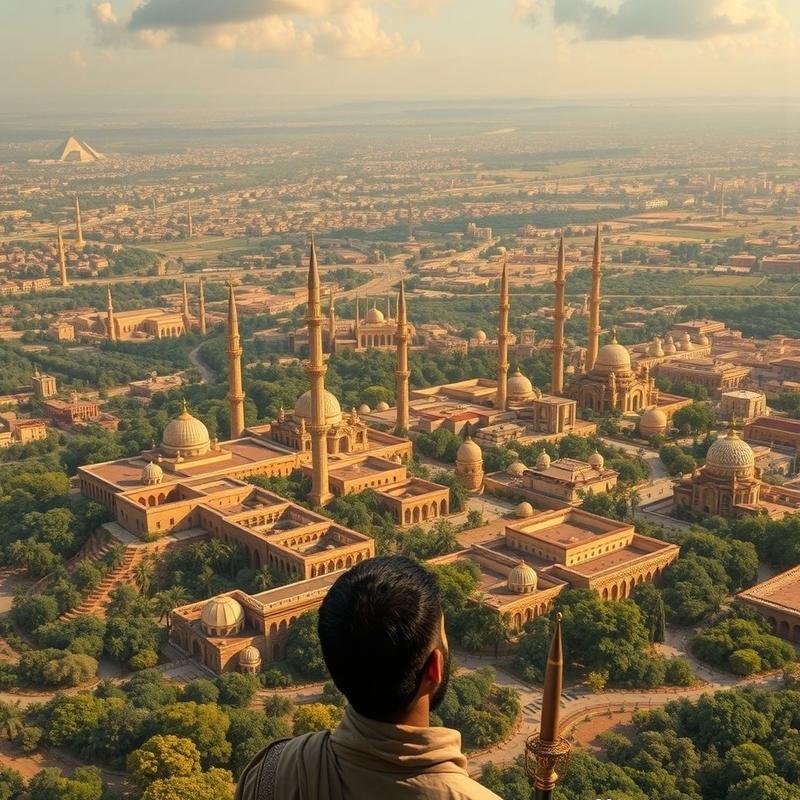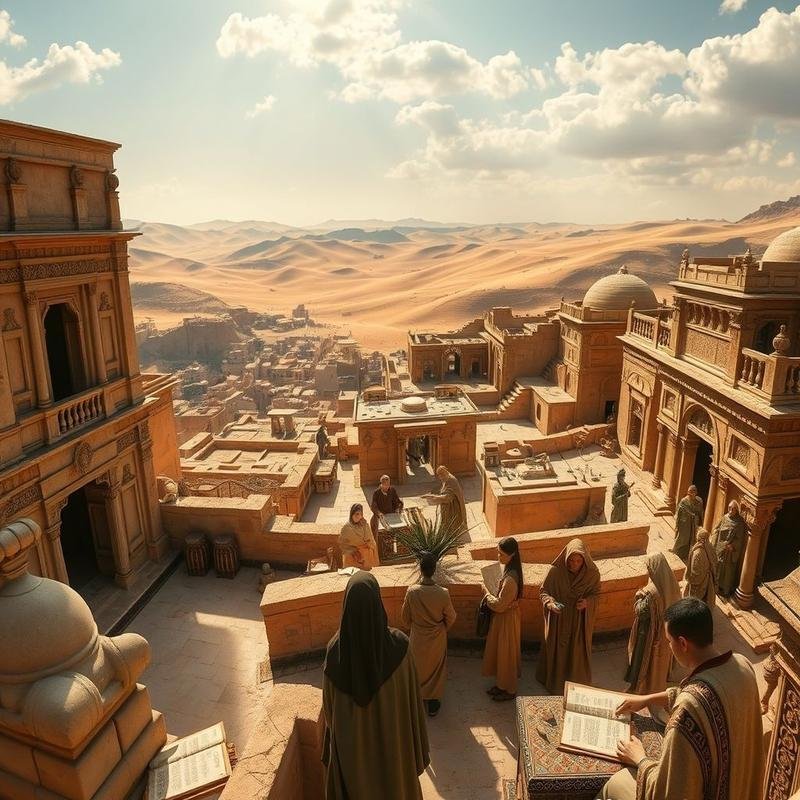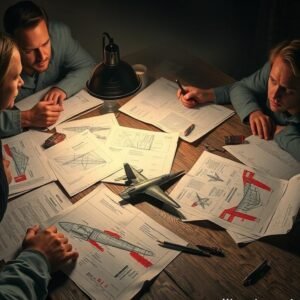For Muslims worldwide, actions speak louder than words.
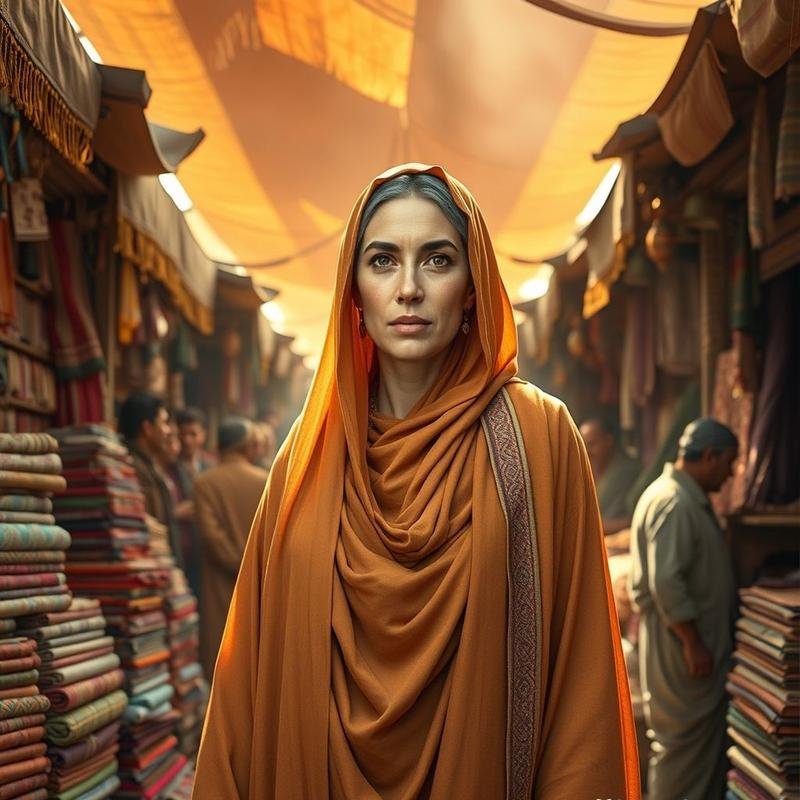
Understanding the Muslim World: Actions & Impact
Do you think you understand the Muslim world? This presentation unveils rarely seen perspectives, showcasing the contributions of billions in prayer, innovation, and global impact, often overlooked by mainstream media.
A World of Diversity
The Islamic world is a diverse and captivating mosaic, encompassing over 1.8 billion individuals, representing nearly a quarter of the global population. These examples offer a glimpse into the immense diversity within this community, spanning over 200 countries and regions, each with its unique cultural identity. From Indonesia, home to the largest Muslim population, to remote islands where the call to prayer resonates, the breadth of this world is remarkable.
This diversity extends beyond geographical boundaries. Muslim communities thrive in over a thousand languages worldwide. Arabic, the language of the Holy Quran, serves as a unifying thread, while Persian, Urdu, Turkish, Malay, Swahili, and numerous others contribute to a rich linguistic tapestry. From the solemn religious observances of Eid al-Fitr and Eid al-Adha to the nuanced marriage and funeral customs that vary from village to village, each community adds its distinct touch, creating a unique cultural landscape.
Even within the faith itself, diversity flourishes. The primary Islamic schools of thought, Sunni and Shia, while differing in certain beliefs and practices, share a fundamental agreement on the belief in one God and His Messenger Muhammad, peace be upon him. These differences can be a source of strength and mutual enrichment.
Historical Significance and the Role of Women
Historic Islamic cities such as Cairo, Damascus, Baghdad, Cordoba, and Samarkand are not merely geographical locations, but vibrant centers of science, art, and culture that have profoundly influenced human civilization. These cities have witnessed the rise and fall of empires and have nurtured scholars and artists who have left an invaluable legacy. The pivotal role of Muslim women cannot be overstated. Khadija bint Khuwaylid, the Prophet’s first wife, peace be upon him, was not only a spouse but also a successful businesswoman and a role model for women throughout history. Muslim women have consistently played a vital role in various aspects of social, economic, and political life.
Before we embark on this compelling visual journey, please share your expectations in the comments. Join us in exploring this rich and diverse world, and subscribe to the channel for the latest updates.
Charity and Compassion
Charitable giving in the cause of God is not merely a religious obligation but a vital component of Islamic societies, serving as a mechanism for equitable wealth redistribution, a tool for combating extreme poverty, and an embodiment of the noble values of human solidarity. Zakat, the third pillar of Islam, was estimated to be a significant global sum in 2022, with some estimates suggesting its potential to reduce poverty rates in countries where it is implemented effectively and transparently. “Charity extinguishes sin as water extinguishes fire,” a prophetic saying that encapsulates the essence of this voluntary act. Charity extends beyond monetary contributions to encompass every good deed, kind word, and act of assistance offered to those in need, reflecting the fundamental values of mercy and compassion within Islamic Sharia.
In 2020, the Mohammed bin Rashid Al Maktoum Global Initiatives Foundation donated substantial resources to humanitarian initiatives across numerous countries. International organizations also benefit from this significant flow of charitable giving. In 2021, the International Committee of the Red Cross received generous funding, including donations from Islamic countries, to support its humanitarian aid efforts. In 2019, the Organization of Islamic Cooperation contributed to the United Nations Central Emergency Response Fund to provide immediate assistance to victims of natural disasters and devastating conflicts. The Islamic Dawa Organization, established in 1980, has since provided essential humanitarian, educational, and developmental assistance to over 120 countries in Africa, Asia, and Europe, working directly with communities in need and contributing to a brighter future for all. Charitable work in Islam is not simply a matter of statistics but a testament to human compassion.
Innovation and Progress
Innovation serves as the engine of progress, driving humanity forward. The valuable contributions of contemporary Muslims in this field are often obscured by outdated stereotypes. However, the reality is far more profound and inspiring. Dr. Omar Yaghi, a Jordanian-American chemist, is dedicated to creating a world where gases are stored with unparalleled efficiency, contaminated water is easily purified, and harmful carbon dioxide is captured, through his pioneering invention of metal-organic frameworks (MOFs). These revolutionary materials hold immense potential to transform entire industries. Dr. Hayat Sindi, a Saudi scientist, focuses her research on nanomedical diagnostics. Her inexpensive medical sensors can make a significant difference in remote areas with limited access to healthcare, enabling early disease diagnosis and saving lives.
Professor Majid Samii, an Iranian-German surgeon, has developed innovative surgical techniques for treating brain and skull base tumors, offering new hope to patients previously considered beyond help. He also founded an international neuroscience institute, establishing a global center of excellence and innovation in this vital field. Engineer Rachid Yazami, an Algerian scientist, invented non-flammable lithium-ion batteries using graphite electrodes, significantly reducing the risk of fires in electronic devices and electric vehicles, thereby enhancing safety in our daily lives. Noor Dubai, a humanitarian initiative launched by the Mohammed bin Rashid Al Maktoum Global Initiatives Foundation, has provided treatment to numerous individuals suffering from blindness and preventable visual impairments, restoring their sight and offering hope for a brighter future. Stars of Science, an innovative television program created by the Qatar Foundation, provides a unique platform to support and encourage scientific and technological innovation among ambitious Arab youth, offering funding, guidance, and inspiration to a generation of future innovators. Careem, an inspiring story that began with a simple idea to improve lives in the Middle East, evolved into a leading global ride-sharing company, acquired by Uber for over three billion dollars.
Challenges and Concerns
In our interconnected world, Muslims face significant challenges that transcend geographical boundaries, raising serious concerns. Islamophobia, encompassing fear, prejudice, and hatred, casts a shadow on the lives of millions, resulting in suffering and exclusion. A 2019 report by the European Union Agency for Fundamental Rights indicated that many Muslims in Europe have experienced discrimination, hindering their access to employment, housing, and education. In the United States, CAIR received a high volume of complaints regarding religious discrimination against Muslims in 2020. The events of September 11th marked a turning point, with hate crimes against Muslims in the United States increasing in 2001.
In France, a 2004 law prohibits the wearing of conspicuous religious symbols in public schools, directly affecting Muslim girls who wear the hijab and potentially limiting their freedom to express their religious identity in educational settings. In Myanmar, the Rohingya Muslim population faces widespread persecution, systematic violence, and forced displacement, leading to a catastrophic refugee crisis in Bangladesh. In China, the government is accused of detaining over one million Uighur Muslims in re-education camps, where they are allegedly subjected to indoctrination and forced labor.
Cultural Identity and Preservation
Amidst accelerating globalization, a notable phenomenon emerges: the intensification of cultural identity, particularly Islamic identity, in response to contemporary challenges. Anthropological studies suggest that societies under external pressure tend to reinforce their distinctive cultural symbols. Al-Azhar Al-Sharif University, founded in Cairo in 970 AD, stands as a living embodiment of Islamic and Arab identity. In Fez, Morocco, ancient tanneries continue to employ leather tanning techniques dating back centuries, representing a vibrant continuity of a unique cultural heritage. In Xinjiang, Uighur Muslims face significant challenges in preserving their ancient culture, yet they continue to celebrate Nowruz, expressing their cultural identity and determination to preserve their heritage.
In 2010, UNESCO recognized the art of Hakawati, traditional storytelling in Syrian cafes, as an intangible cultural heritage of humanity, affirming the importance of folk tales in preserving collective memory and cultural identity. Andalusian music, which flourished in Andalusia during the period of Islamic rule, forms a vital part of the musical heritage in North Africa, particularly in Morocco and Algeria, reflecting the rich cultural exchange between Muslims, Christians, and Jews in Andalusia. In Bosnia and Herzegovina, Muslims are known for preserving the tradition of Ajluk, a special family dinner held during the holy month of Ramadan, symbolizing social harmony and cultural heritage.
Leadership and Inspiration
Amidst the complexities of the world, leaders emerge as beacons of light, guiding their societies and inspiring them to strive for positive change. Dr. Hawa Abdi’s work in Somalia demonstrates a multiplier effect: providing basic healthcare alleviates immediate suffering and fosters a more stable environment. Malala Yousafzai’s courageous advocacy for girls’ education highlights the strong link between education and women’s empowerment. Muhammad Yunus, the founder of Grameen Bank, introduced an innovative economic model based on microfinance. Tawakkol Karman’s inspiring leadership during the Arab Spring in Yemen demonstrates that leadership extends beyond political power to encompass the ability to motivate and unite people around a common cause.
Video Presentation
Images
